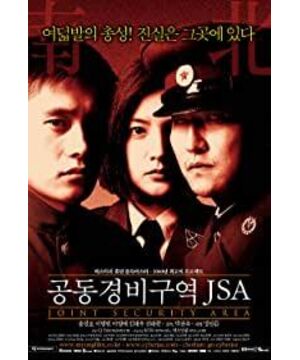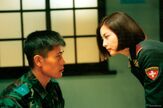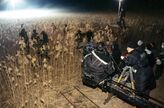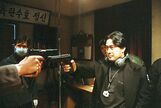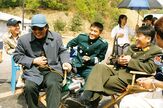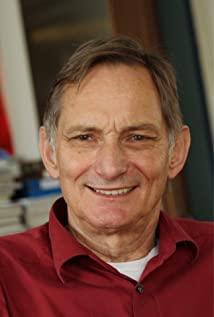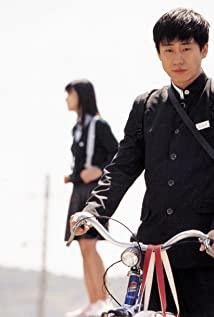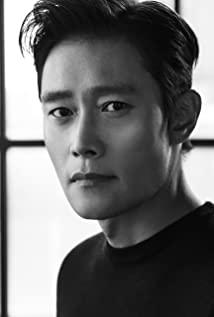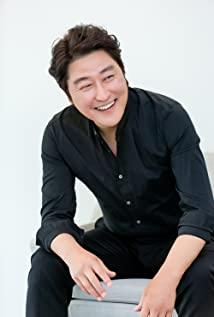"Common Security Zone," Park Chan-wook's elegy to the emotional struggles of ordinary people who have been raped by history and politics, is a prime example.
The emotional interaction between the two sides of the hostile front line has long been reflected in the movies reflecting on the First World War. Movies about North and South Korea are not new in South Korea, but in JSA, Park Zanyu, who has always been eccentric and bizarre, does not reflect on either. War and peace do not play up harmony and division. With the help of Li Ying'ai's investigation ideas, he filmed a struggle between self-preservation and love of human nature in simple language, which makes people sigh. As Song Kangho said at the end, if it was at the South Korean post, he would also shoot first. To the final destination of the film, it is no longer just the helplessness and humility of political chaos and human destiny, but the helplessness and insignificance of the shining point of human nature under the high-pressure confrontation for many years in the face of the unavoidable distorted thinking, without any modification, to the audience. and tell the truth. After years of political confrontation and military confrontation between the Korean and Korean ethnic groups, both sides have formed memory wounds that may not be healed in the short term. Therefore, in the event of any change, even if it is just a little spark, it may quickly start a prairie fire. Therefore, the officer of the third-party observation reluctantly said to Li Ying'ai, do you know Panmunjom? This is a dry forest, and a little bit of Mars can be a big deal.
However, history is already like this, and ordinary people are helpless. When Song Kang-ho and Lee Byung-hun wanted to take a group photo, Second Class Nam adjusted the angle several times, but was unable to block the photo of the Kim family and his son on the wall. This scene has become the biggest symbol of the whole film. No matter how much ordinary people struggle, they cannot escape the squeeze of politics. Big Brother is always watching you. One second he was exchanging gifts, and the next second he drew swords to face each other. This kind of hostile emotion beyond emotional instinct was the existence that Li Bingxian was always unwilling to admit, and it became the last straw that overwhelmed himself after he really remembered everything. . Here, Park Zanyu cares more about our helplessness and where to go. Although he doesn't seem to be so pessimistic, in the last scene, the four people are accidentally in the same frame in the tourist photography. While sublimating the theme of tearing the audience, it also pinned a certain bloody romance.
In order to express such a complex and struggling theme, Park Chan-wook, in this early work of his own, had the lens magic that has always been my favorite. In the shots of the four people getting along, he uses a lot of 360-degree rotating lenses, which makes the relationship between the four people appear a complex, tangled and dizzy effect, which has become a strong metaphor for the four people's blind date and suspicious relationship. Other scenes, such as the second-class soldier Nan jumping off the building and Li Ying-ai's independence in the rain, are all very remarkable. If the movie is the magic of light and shadow, then Park Chan-wook insists on using different lenses for different themes, and he is destined to be an excellent magician.
After the joint security zone was painted, there were rumors that it would be released in North Korea, but it was eventually falsified. This farce also just proves a popular truth, that is, works of art that are closer to the truth than propaganda can only be produced by freedom. The difference between the two sides of the joint security zone today is an excellent footnote to this truth. It's a pity that the dessert Song Kangho has always dreamed of, his own country, will probably never be able to produce it.
View more about Joint Security Area reviews


